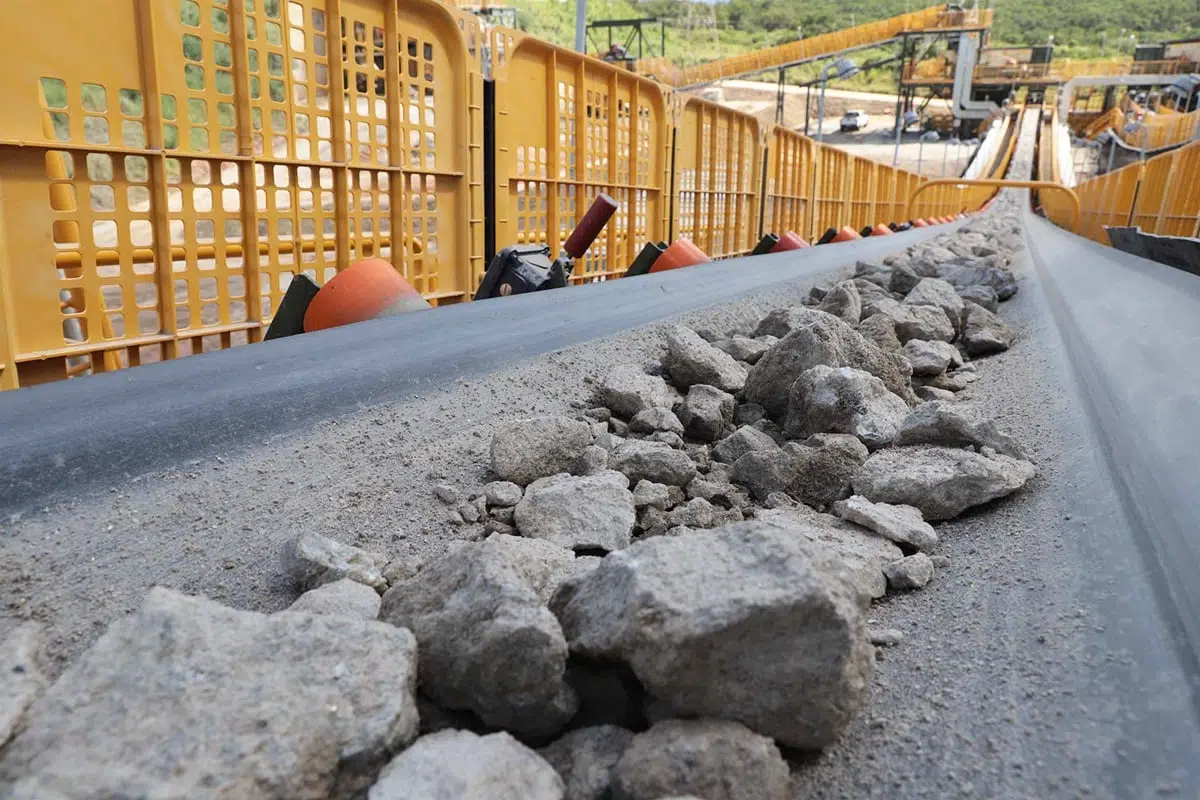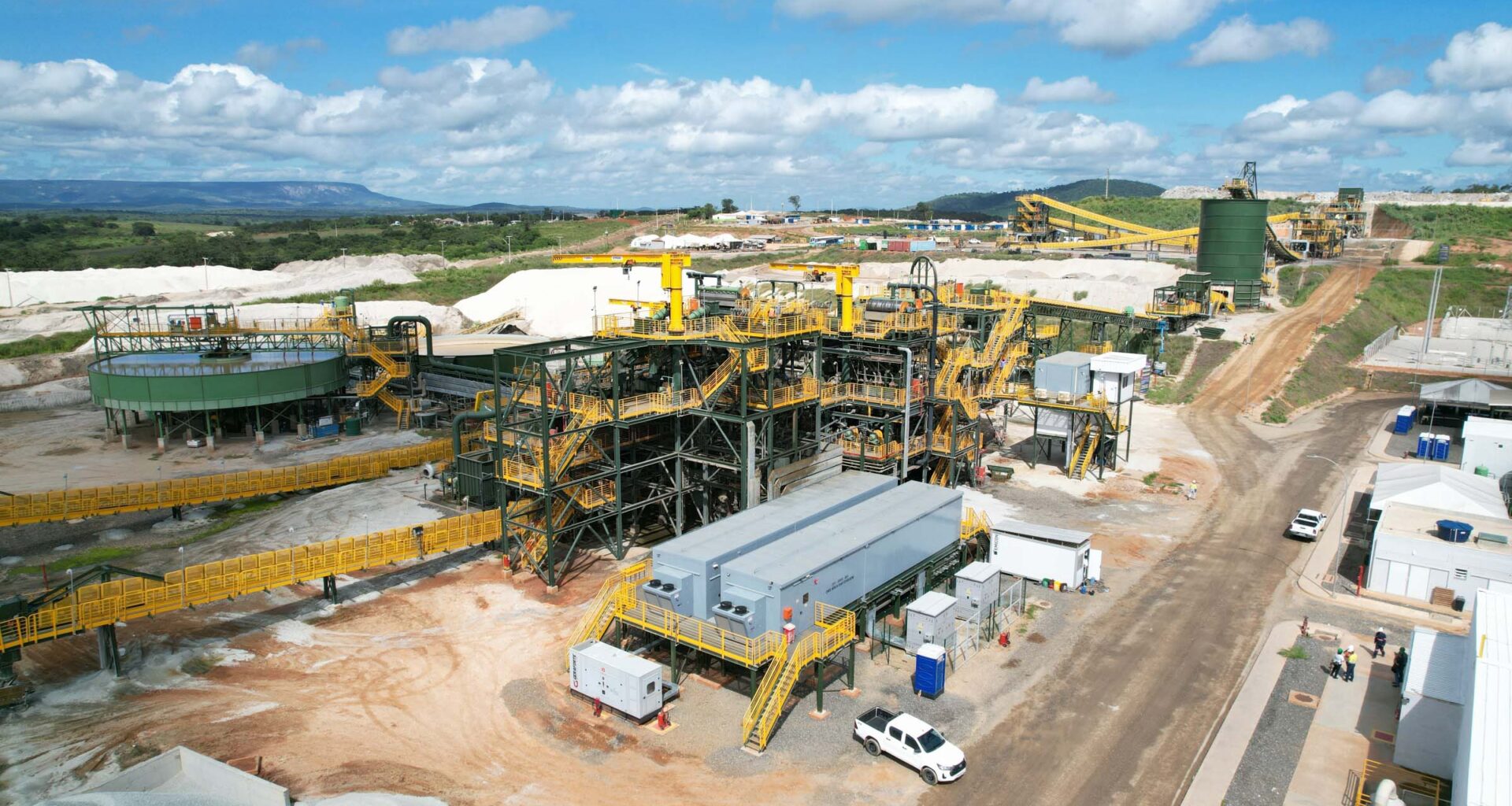The company Sigma Lithium, based in Canada with operations in the Brazilian state of Minas Gerais, has promoted its flagship product as “quintuple zero green lithium”.
The company uses technologies that allegedly ensure zero potable water used, zero tailings dams, zero carbon-intensive electricity, zero toxic chemicals, and zero net carbon emissions.
However, a journalistic investigation reveals that part of that climate neutrality was achieved through carbon credits linked to a project under suspicion of environmental crimes in the Amazon.
Carbon credits under scrutiny: compensations under investigation
In 2023, Sigma announced its first shipment of 30,000 tons of green lithium sent to China, claiming it was carbon neutral thanks to the purchase of 59,000 carbon credits.
The project that generated those credits is currently suspended by the international certifier, after being linked to illegal deforestation, appropriation of public lands, and corruption, according to the Greenwashing Operation by the Brazilian Federal Police.
The company has not clarified if it replaced those credits or what due diligence it conducted before acquiring them, casting doubt on its claim of “zero emissions.”
Strategy change and corporate silence
Sigma declared that since 2024 it stopped using carbon credits and opted to directly reduce its emissions. This was without explaining what motivated the change or if it informed its buyers and shareholders about the issues with the Unitor project. It also did not respond to questions about its environmental verification procedures.
Community impacts: complaints from the “Lithium Valley”
Beyond the climate questioning, 68 community, indigenous, and union organizations denounced in August 2025 the negative impacts of the mining project in the Jequitinhonha Valley, where Sigma operates:
High levels of dust and noise
Cracks in homes
Respiratory and skin problems
Losses in agricultural production
These complaints were supported by a study from the Consumer Defense Institute (Idec). It questioned the state financing granted to Sigma by the BNDES, pointing out a possible contradiction between the sustainability discourse and actual practices.
 The Canadian mining company’s “green lithium” narrative faces investigations for deforestation, social impacts, and regulatory contradictions.
The Canadian mining company’s “green lithium” narrative faces investigations for deforestation, social impacts, and regulatory contradictions.
MPF’s opinion: vulnerability and lack of prior consultation
In December 2024, the Federal Public Ministry (MPF) warned that lithium exploitation has a high environmental impact and can aggravate the vulnerability of traditional communities. The opinion identified:
Deficiencies in water studies
Failures in environmental licenses
Absence of free, prior, and informed consultation
In September 2025, the MPF requested the suspension of mining authorizations in Araçuaí, where Sigma operates, emphasizing the right of communities to be heard before project approvals.
Brazil on the lithium map: tensions between expansion and protection
Although the lithium market focus is usually on the ABC triangle (Argentina, Bolivia, Chile), Brazil seeks to position itself with 1.3 million tons of estimated resources, according to the U.S. Geological Survey.
Unlike its Andean neighbors, Brazilian lithium is extracted from volcanic pegmatites, and prospecting already reaches even the Amazon, affecting 21 protected areas, according to another investigation by Repórter Brasil.
The Sigma Lithium case exposes the contradictions between the sustainability narrative and the real impacts of lithium mining. This situation occurs in a context where the energy transition cannot advance without environmental justice, corporate transparency, and respect for community rights.
